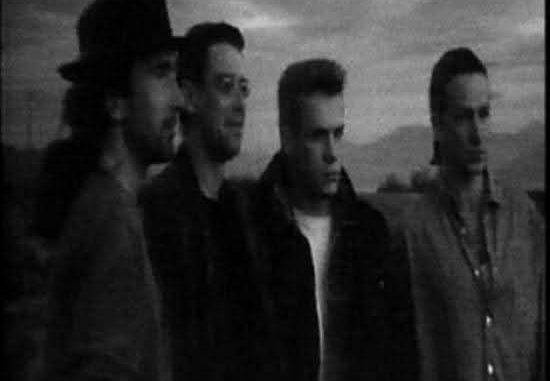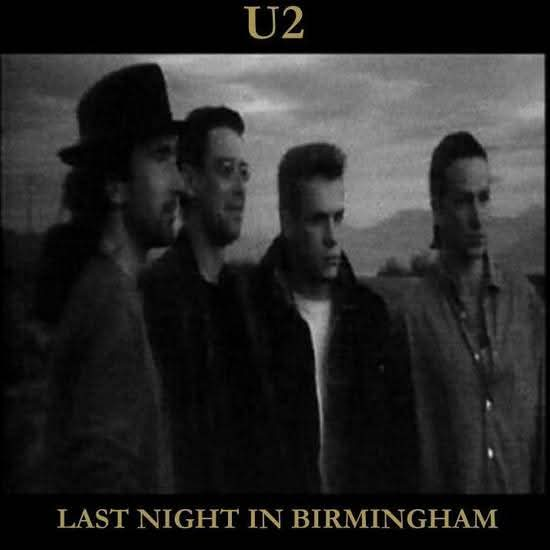
In the ever-changing landscape of music, trends often dictate success. For U2, however, the compass has always been set toward something far more enduring than passing fads, a vision that transcends visibility. Across more than four decades, Bono, The Edge, Adam Clayton, and Larry Mullen Jr. have built a legacy on staying true to a creative mission, often choosing long-term purpose over short-term spotlight.

The Early Manifesto
From their formation in Dublin in the late 1970s, U2 understood that a band’s identity is shaped as much by its ideals as by its sound. While many of their contemporaries chased chart placements and image trends, U2 pursued substance from the spiritual overtones of October (1981) to the political urgency of War (1983). The message was clear: U2 wasn’t here just to be seen, they were here to be heard.
Reinvention Without Losing Direction
The 1990s tested every established rock act. Many stumbled, trapped by their own image. U2, instead, embraced reinvention without erasing their DNA. The irony-laden Achtung Baby (1991) and the futuristic Pop (1997) weren’t about chasing MTV glamour; they were about stretching the artistic boundaries of what U2 could be. In Bono’s words, they didn’t want to be “reliable rock stars”, they wanted to remain unpredictable visionaries.
Message Before Marketability
At their core, U2 has always been a band with something to say about human rights, unity, and the power of faith and love in turbulent times. This focus often meant taking creative risks that didn’t guarantee commercial dominance. Albums like No Line on the Horizon (2009) and Songs of Innocence (2014) divided critics but reflected a deeper commitment: telling the stories they believed in, regardless of chart performance.
Visibility as a Byproduct, Not the Goal
Ironically, by refusing to prioritize visibility, U2 has often commanded it. Their tours from The Joshua Tree 2017 to the groundbreaking Sphere residency in Las Vegas, have set new standards in live music production. But even here, the visual spectacle is never the main event; it’s a vessel for amplifying the songs’ emotional and thematic weight.
The Legacy Of ‘Vision Over Visibility’
In an age where algorithms reward constant exposure, U2’s philosophy feels almost radical. They appear when they have something meaningful to share, they evolve without abandoning their core truths, and they measure success not in weekly streams but in generational impact.
As Bono once summed it up, “We’re not interested in being the loudest voice in the room, we’re interested in saying something worth hearing.” That’s the heartbeat of U2: vision over visibility, message over noise, and an unshakable belief that music can still change the way we see the world.
Leave a Reply